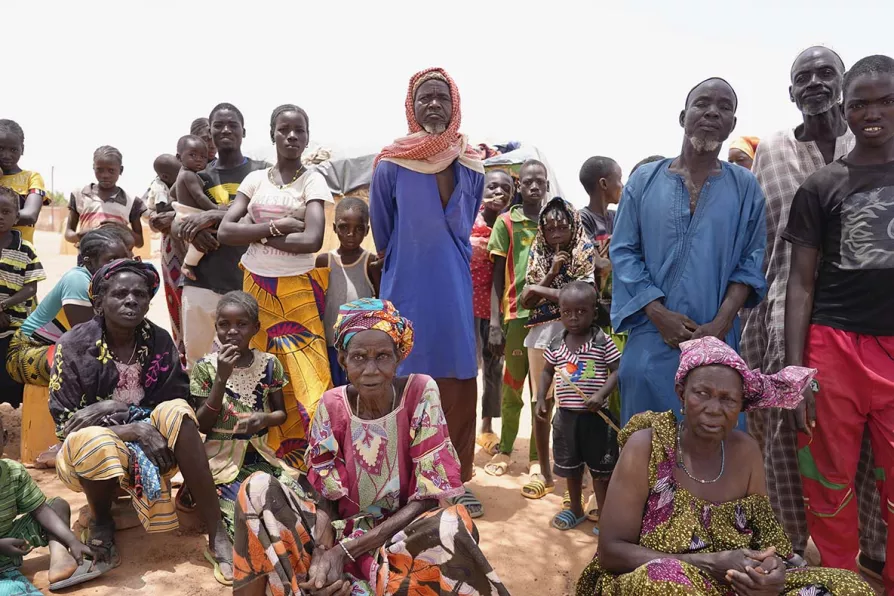Hundreds protested against the US-Israel attacks on Iran in Parliament Square on Saturday, fearing a wider conflagration and horrified by the targeting of young schoolchildren, writes LINDA PENTZ GUNTER

 Internally displaced people wait for aid in Djibo, Burkina Faso, May 26, 2022 when violence linked to al-Qaida and the Islamic State group began surging and spreading across the West African nation
Internally displaced people wait for aid in Djibo, Burkina Faso, May 26, 2022 when violence linked to al-Qaida and the Islamic State group began surging and spreading across the West African nation
WEST Africa, which had been largely under French colonial rule, never saw decolonisation of the sort that, say, India did.
For a start, the erstwhile French colonies’ currency continued to be linked to the French franc at a fixed exchange rate, which meant that they could not pursue any fiscal and monetary policy of their choice (for that would have threatened the fixed exchange rate).
Not only were their foreign exchange reserves kept by France, as had been the case with colonial India where its gold reserves, acquired through enforced borrowing (since all its annual export surplus earnings were taken by Britain) had been kept in London; but France also effectively controlled their fiscal and monetary policy despite formal decolonisation.

As the Alliance of Sahel States and southern African nations advance pan-African goals, the African Union must listen and learn rather than parroting the Western line on these positive developments, writes ROGER McKENZIE

PRABHAT PATNAIK details the epochal shift of political power from Western neocolonialists to the people











